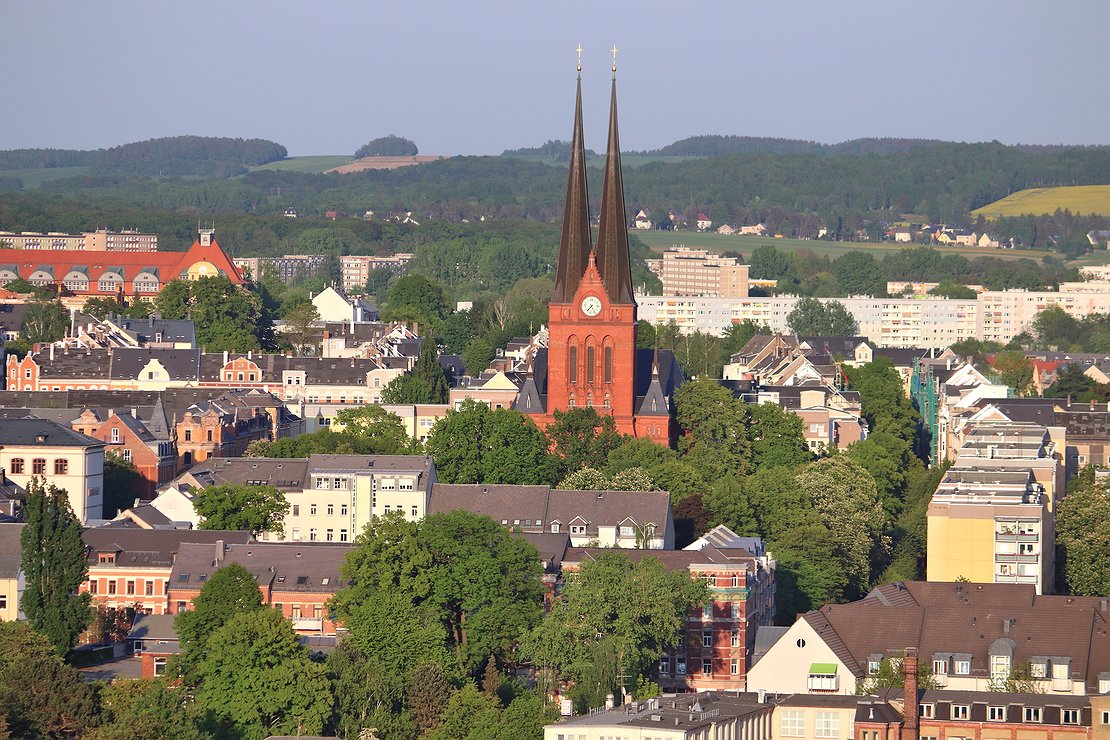
False narrative about ‘elites vs. the left-behind’:Fake Globalists
Imagine this scenario: A retired teacher (who in Germany is a retired civil servant), who has worked for the state his whole life and is happy about the reliability of his monthly pension payments, sits in the backyard of his house on the outskirts of the city, lets the sun shine on his face, looks at his flower beds and his beehive, which he has set up as a hobby beekeeper, and reads an essay in the features section of the weekly paper ‘Die Zeit’ or perhaps also in the ‘Süddeutsche Zeitung’. The essay is written by a professor of sociology who has spent his whole life at state universities and is also looking forward to a state pension secured by national law. In the essay, the sociologist explains that the age of the nation state is over and the post-national age has dawned, borders should no longer play a role, and that the left-behind old white men and Trump voters are the last nests of reactionary resistance that must ultimately be overcome. “How nice it is that Europe will soon be so diverse,” thinks the retired old white teacher, sipping his herbal rose hip tea, sweetened with homemade honey, and is pleased with the good survey results for the Greens, for whom he has voted since their founding in 1980.
The great narrative of our time is: globalists against nationalists, elites against the left-behind, progressive city against regressive countryside. The mistake of the debate about the ‘globalists’ and the ‘left-behind’ is to assume that there must be a social reality behind these terms. Social reality, however, is much less relevant to a person's political conviction than his attitude to life and his perception of reality. Reality and its perception can be two very different kettles of fish. People can think of themselves as something they are not, and they can present themselves as something they are not. If others then fall for this self-portrayal, the illusion is perfect. This article deals with such a case, namely the fake globalists. I call fake globalists people who, although they cultivate a globalist rhetoric, in reality are 100 percent dependent on the subsidy drip of the nation state.
In Germany, the fake globalists find their political home mainly in the Green party. Many supporters of the Greens make their living as civil servants and public service employees, teachers, professors, lecturers, judges, social workers or employees in public administration. Another important part of the left-liberal middle class are members of the so-called ‘independent professions.’ However, many of these ‘independent professions’ are anything but independent. They are characterised by the fact that they operate in markets that are largely regulated by the state: These include doctors, lawyers, pharmacists, notaries, psychotherapists and physiotherapists. In addition, there are the employees of organizations that are, strangely enough, called ‘non-governmental organizations,’ although they are largely or entirely financed by the government.
It is part of the great irony of our time that the ‘post-national’ attitudes are particularly pronounced among those whose entire career and professional and private existence depend almost exclusively on the existence and growing activity of the nation state. The members of this left-liberal middle-class, in their ‘post-national’ attitude, resemble immature youths who pretend to rehearse a rebellion against their parents and demand their ‘independence,’ but naturally expect their parents to pay for the roof over their heads, the Playstation and the driving license. The livelihood of the green ‘globalists’ is based on the fact that they are consistently shielded from globalisation by the nation state. They are therefore fake globalists in the truest sense of the word, and in fact are nation-state profiteers.
If the nation state were to disintegrate tomorrow, the civil servants and public service employees would probably be in bad shape. If the nation state were to pull its protective hand away from the professional groups, among which the Greens find their supporters, many of them would fall into the bottomless pit. Imagine deregulating all these markets and opening the borders to immigrants of related professions: Pakistani low-income doctors, Indian low-wage lawyers and Arab low-wage teachers, low-wage physiotherapists and low-wage clerks flocking to Germany and offering their services at far lower prices than the rates set by the state today. The left-liberal, ‘post-national’ middle class would call for national isolationism more quickly than one could say “refugees welcome.”
Refugees are so popular in these social groups above all because they do not appear at all as serious competitors for the left-liberal middle class. This is also the reason why immigration to Germany is concentrated primarily on the low-skilled. The low-skilled, often being poor and having social problems, provide additional state jobs in the social professions and thus additional employment for the left-liberal middle class. The enthusiasm for the immigration of the low-skilled is not about overcoming the nation-state, but about the desire to secure an even larger share of this nation-state’s loot. The fact that, according to the Kiel Institute for the World Economy, the nation state mobilizes more than 50 billion euros in public funds every year for this policy means that, at the same time, someone is also earning these 50 billion euros. This has a lot to do with subsidies and little to do with globalization.
Many of the ‘workers’ who voted for Trump and Brexit are much more closely linked to the global economy than the fake globalists. Unlike social science students, NGO employees and public sector workers, they actually produce products that are in demand in global markets. They are employed by companies in global competition, and a large proportion of these globally positioned medium-sized companies are based in small and medium-sized cities where, according to public perception, the left-behinds and globalization losers live. The verbal devaluation of the rural regions as backward, reactionary and less well-off is part of the etiquette of the features section. However, in the USA and Germany farmers in particular are not left behind, but are modern entrepreneurs and an integral part of the global economic circular flow.
The situation is different in the so-called ‘urban milieus,’ which today are praised as trendsetters in globalization. The entire state-funded cultural sector, such as universities, public theaters and practically all German movie-making is completely dependent on financial injections from the nation state. The same applies to lobby groups, eco-activists, climate researchers and equal opportunities commissioners. It also applies to the financial industry, which exists today to a large extent only because in 2007 the nation states saved ‘their’ banks with taxpayers' money and guarantees. Without help from the pockets of US, French, British and German taxpayers, many bankers today would be selling sausages instead of financial products. These bankers are fake globalists par excellence.
Globalization can easily do without publicly financed dramaturgs and post-structuralist literary scholars – even a large proportion of so-called financial service providers, but not without small and medium-sized (SME) companies and modern agriculture. Anyone who compares the predominantly green-voting Friedrichshain-Kreuzberg in Berlin with the conservative SME culture of Baden-Württemberg, Obama's Chicago with Trump's Texas, a seminar on gender studies with a modern agricultural enterprise cannot seriously say that this is a conflict between globalisers and opponents of globalization. Rather, it is a conflict between those who earn the money and those who feel called upon to spend it on all sorts of nonsense.
Obviously, the narrative and terminology are misleading. A narrative is the reduction of the complexity of social reality to the point where it offers a completely false picture of that reality. If the narrative distorts the perception of reality rather than explaining it, one should turn away from it. When the term ‘globalization’ is used in a political debate, it serves in 90 percent of cases to disguise a specific fact. The fact that criminals are not deported from Germany has just as little to do with globalization as the fact that in winter the suburban trains in Berlin are canceled or that the Federal Government's air crew is stranded in Ethiopia. The middle-class protests on both sides of the Atlantic are not an uprising against globalization, but against incompetent politicians and the devastating consequences of political incompetence. Everything else is sociological prose.
Translated from eigentümlich frei, where the original article was published on February 18th 2019.




